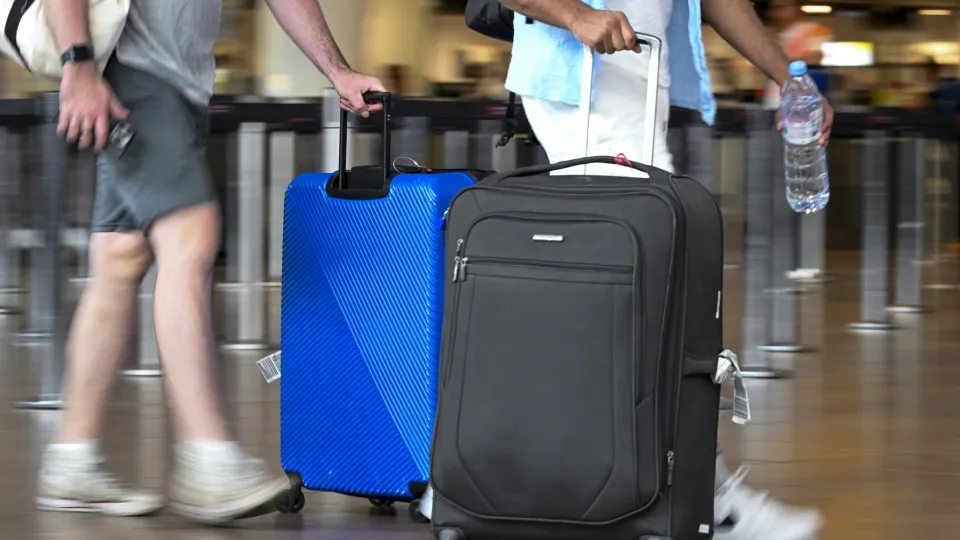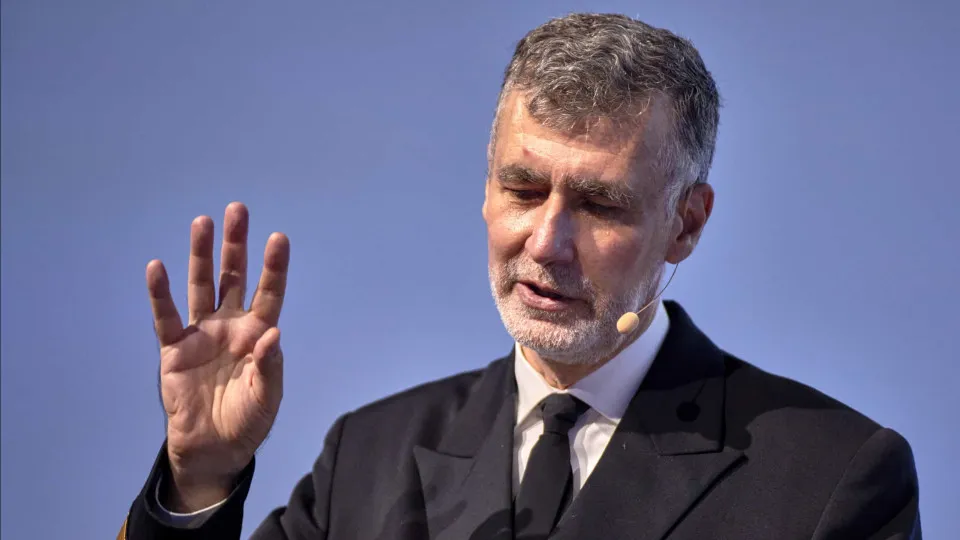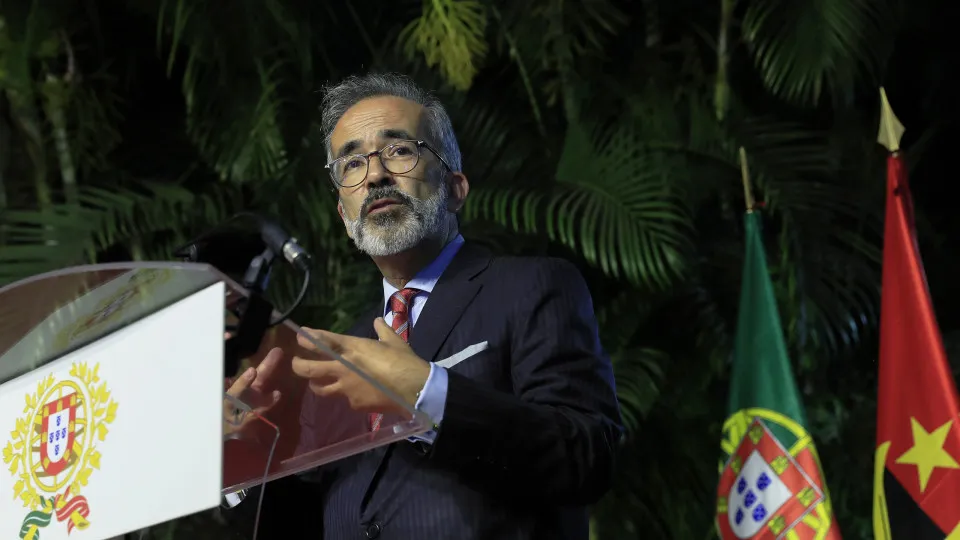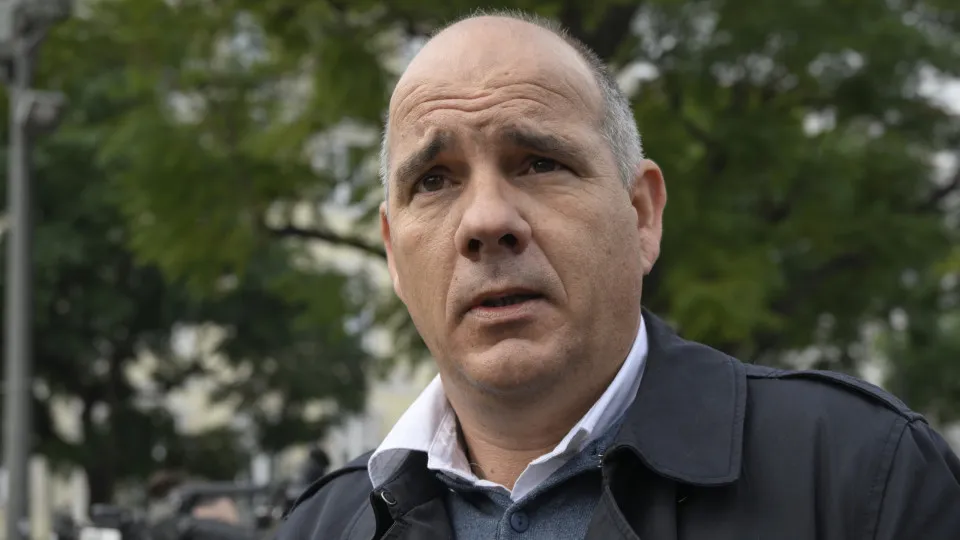
During a press conference held on the occasion of the 26th General Assembly of this United Nations agency, which will conclude on Tuesday in Riyadh, Shaikha Al Nowais noted that the increase in visitors to saturated destinations, such as some European cities, requires new strategies to distribute tourist flows.
“With innovation and technology, we can implement crowd management systems and guide travelers toward emerging destinations, like those recognized by the ‘Best Tourism Villages’ program,” she stated, referring to the UN Tourism initiative that promotes rural development as an alternative to major cities.
Additionally, the Assembly adopted the “Riyadh Declaration on the Future of Tourism,” a commitment by member states to promote more sustainable and equitable tourism.
The document acknowledges that technological advances, including artificial intelligence (AI), are transforming the sector and providing opportunities for growth, innovation, and enhancement of the visitor experience, but also pose risks of inequality among countries and regions.
Key commitments of the member countries include the responsible adoption of new digital technologies, the balanced distribution of visitor flows by promoting policies and strategies to channel tourist flows to emerging destinations, and the promotion of “culturally respectful and inclusive” tourism through local community participation.
Meanwhile, Saudi Arabia’s Tourism Minister, Ahmed Al Jatib, emphasized that his country is “building new cities designed for their residents and also visitors,” aiming to avoid the challenges faced by cities “like Paris and Barcelona” in recent years.
The Saudi delegation insisted that the event aims to position Riyadh as a global meeting point for the sector. The minister further highlighted that once the Assembly concludes, Riyadh will host the first edition of Tourise, a new international forum aspiring to become the leading global meeting for the sector, aiming to be the “Davos of tourism.”
The General Assembly, the supreme body of UN Tourism, convenes its regular sessions every two years with delegates from member and associated countries of this United Nations agency as well as representatives from affiliated members.




